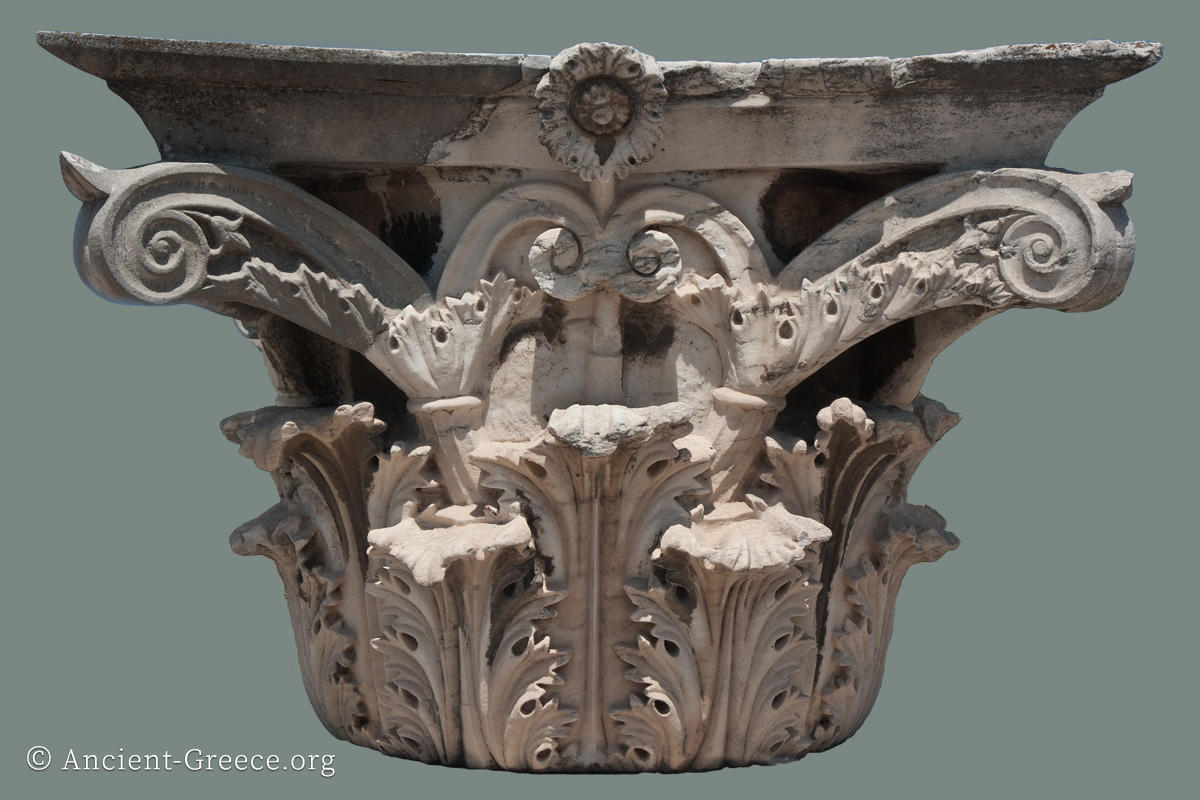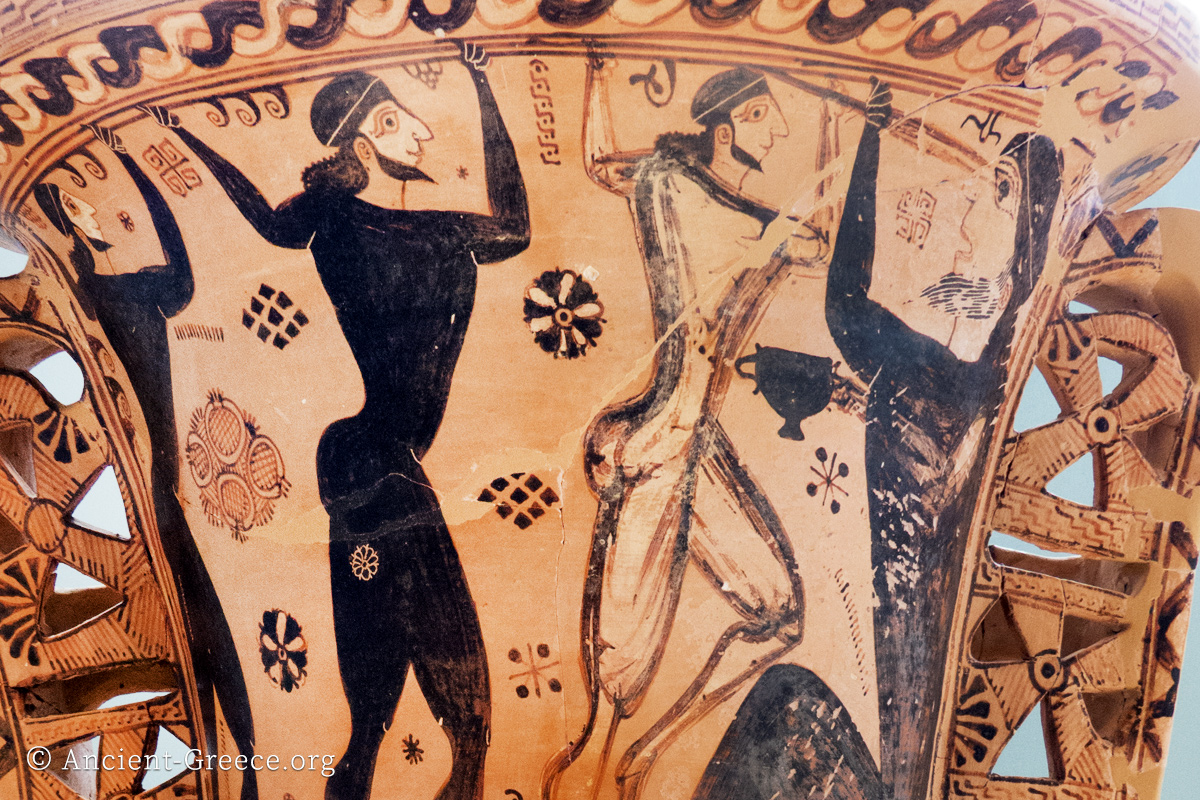Mythology
-

Ge
Read more : GeEarth goddess or Mother Goddess Deity worshiped mainly in Mainland Greece during prehistoric times (aprox. 14th – 11th c.)
-
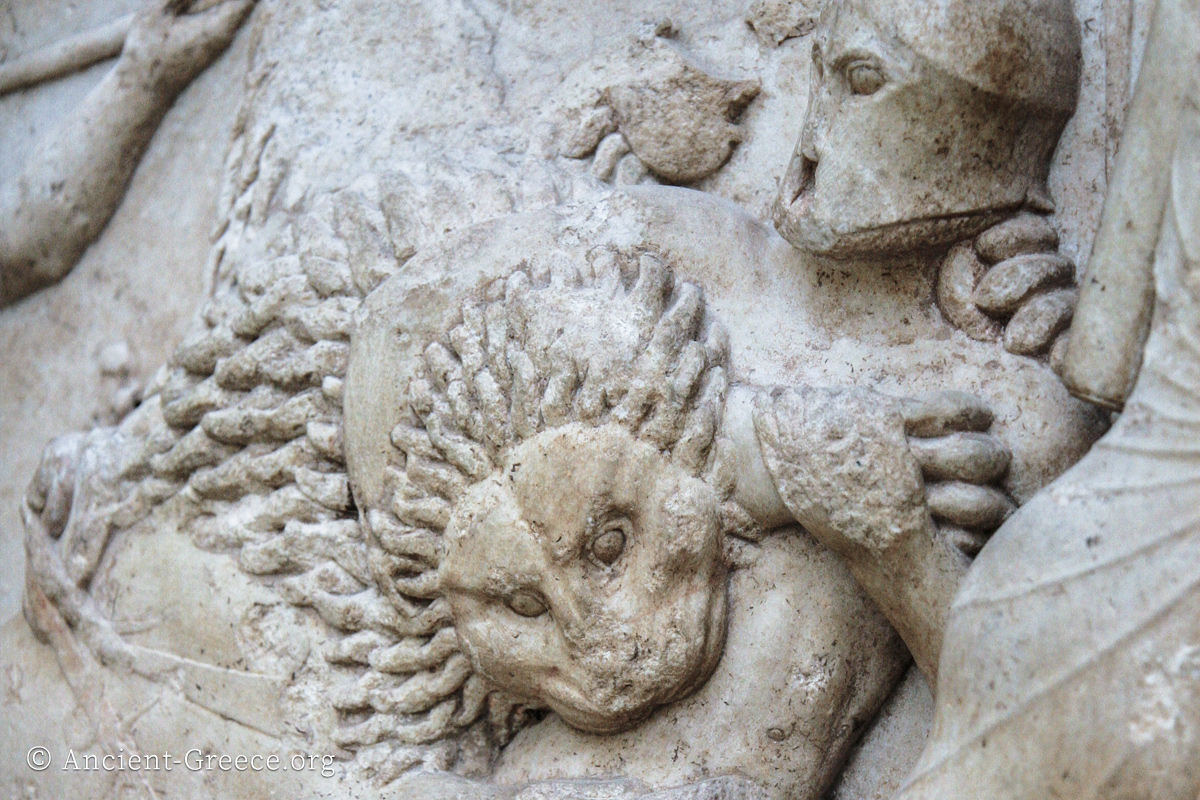
Gigantomachy
Read more: GigantomachyThe Division of the World Zeus and his brothers, who, having gained a complete victory over their enemies, began to consider how the world, which they had conquered, should be divided between them. At last it was settled…
-

Glaucus
Read more: GlaucusSeveral deities in Greek mythology possessed the name Glaucus. He was a minor god of the sea endowed with the gift of prophecy. In the story of Jason and the Argonauts, Glaucus bids Jason and his crew to…
-
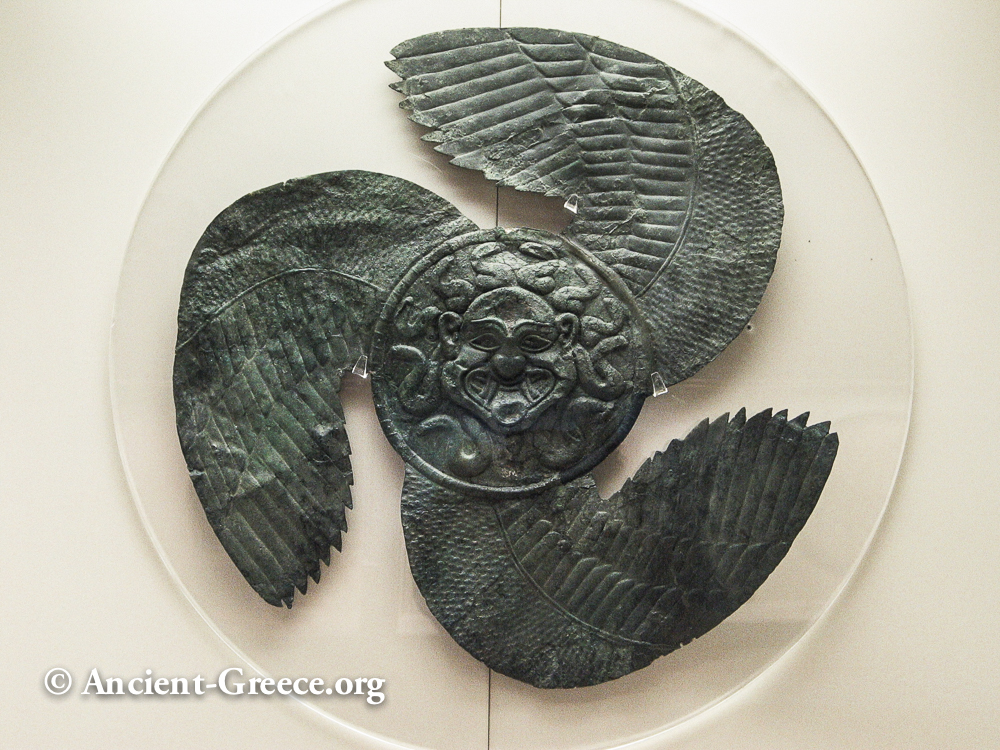
Gorgons
Read more: GorgonsThe Gorgons, Stheno, Euryale, and Medusa, were the three daughters of Phorcys and Ceto, and were the personification of those benumbing, and, as it were, petrifying sensations, which result from sudden and extreme fear. They were frightful winged…
-

Graeae
Read more: GraeaeThe Grææ, who acted as servants to their sisters the Gorgons, were also three in number; their names were Pephredo, Enyo, and Dino. In their original conception they were merely personifications of kindly and venerable old age, possessing…
-
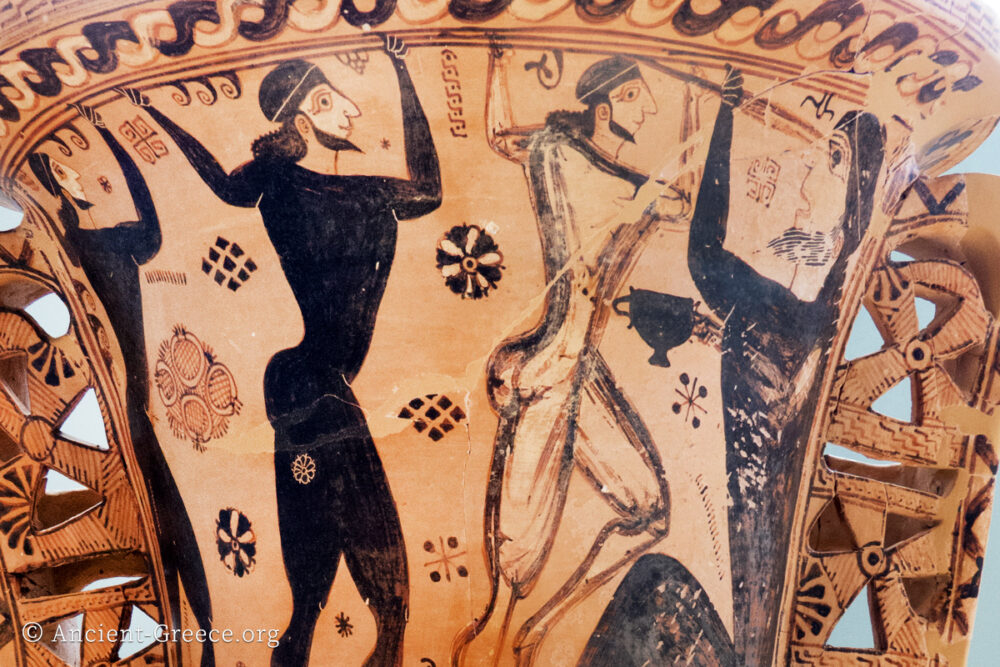
Greek Mythology
Read more: Greek MythologyThe ancient Greek spiritual beliefs, religion, and oral tradition are all reflected and formulated through rich myths and legends that besides entertainment provided an articulation of Greek civilization’s moral fiber, as it evolved over the centuries. Above all,…
-

Hades (Pluto)
Read more: Hades (Pluto)Hades ᾍδης (Aïdes, Aïdoneus, or Hades), was the son of Cronus and Rhea, and the youngest brother of Zeus and Poseidon. He was the ruler of that subterranean region called Erebus, which was inhabited by the shades or…
-

Harpies
Read more: HarpiesThe Harpies, who, like the Furies, were employed by the gods as instruments for the punishment of the guilty, were three female divinities, daughters of Thaumas and Electra, called Aello, Ocypete, and Celæno. They were represented with the…
-

Hebe
Read more: HebeHebe was the personification of eternal youth under its most attractive and joyous aspect. She was the daughter of Zeus and Hera, and though of such distinguished rank, is nevertheless represented as cup-bearer to the gods; a forcible…
-

Hecate
Read more: HecateHecate would appear to have been originally a moon-goddess worshipped by the Thracians. She became confounded, and eventually identified with Selene and Persephone, and is one of those divinities of whom the ancients had various conflicting accounts. Hecate…
